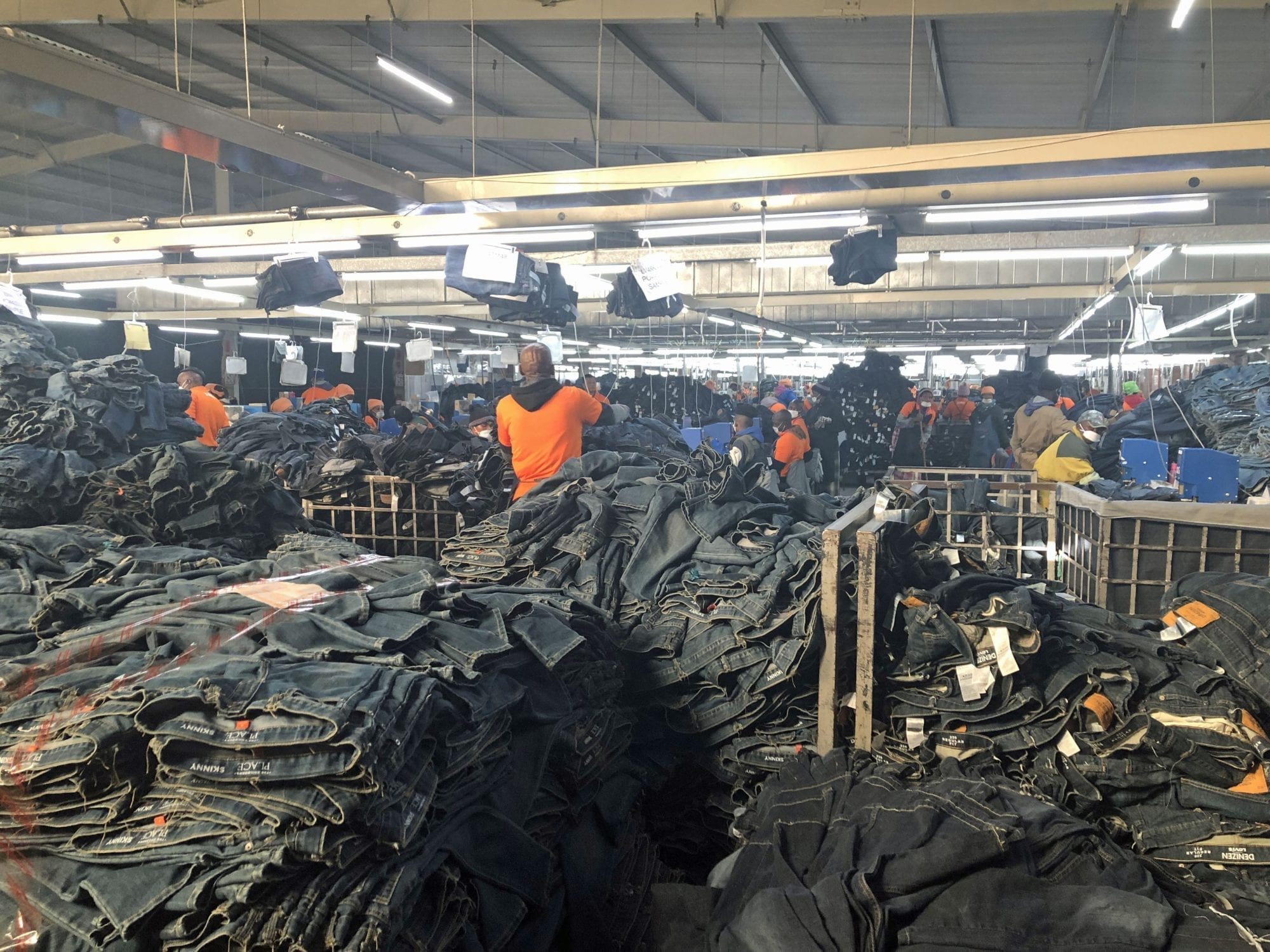When workers can “speak up, articulate and manifest collective agency that ultimately improves the terms and conditions of their employment and their livelihoods,” they also have a role in shaping their societies and “contributing to democratic participation beyond the workplace,” says a new report released today by the U.S. Department of Labor’s Bureau of International Labor Affairs (ILAB).
“Worker Voice: What it is, What it is Not, and Why it Matters,” was produced by Penn State University’s Center for Global Workers’ Rights (CGWR).
“The term ‘worker voice’ is used for lots of scenarios where workers have some sort of participation but not necessarily a say in issues that affect their lives and livelihoods,” said Solidarity Center Executive Director Shawna Bader-Blau. “If you care about democracy and worker rights, this is the seminal report.”
For example, corporate social responsibility programs that interview workers on site, under the helpful gaze of management, may provide a public relations boost to the company but do not capture worker voice; indeed, they often contribute to wage suppression and gloss over lax safety standards. Likewise, workplace suggestion boxes, which require zero response from management, neither provide workers with a voice nor help them ensure dignity and equity on the job.
“The most effective forms of worker voice are institutions and mechanisms that enhance workers’ ability to elect, represent, protect, include, enable and empower workers and their organizations,” according to the report, which highlighted democratic trade unions and collective bargaining as key.
Legitimate and effective channels for worker voice exist and include enforceable brand agreements (EBAs), such as the Accord on Fire and Building Safety in Bangladesh, which identified and remediated 97,235 high-risk fire, structural and electrical safety violations following the deadly collapse of Rana Plaza. In Lesotho, where brand-led, voluntary codes of conduct failed to address rampant gender-based violence and harassment, binding and enforceable agreements among unions, civil society, international clothing brands and worker rights organizations (including the Solidarity Center) and Nien Hsing, a garment manufacturer, are changing attitudes, protecting workers and helping to end violence and harassment on the job.
In addition, the report cites the Rapid Response Labor Mechanism, under the United States-Mexico-Canada Agreement (USMCA), which has provided expedited enforcement of freedom of association and collective bargaining rights at factories in Mexico for more than 30,000 workers. Other channels include organizing along migration corridors and among domestic and farm workers; and freedom of association protocols.
The report describes six components that are crucial for effective worker voice: election of representatives; representation of members; diversity in leadership, on committees and throughout organizations; protection of workers from anti-union discrimination, harassment, threats and violence; the enabling of worker organizations to carry out functions by ensuring members have time, space, information and training; empowerment of workers and their organizations to engage in protected trade union activities, including collective bargaining and strikes, by leveraging state and private mechanisms that have sanction power on employers.
The report’s case studies include many countries and sectors where the Solidarity Center has long-term partnerships with unions that provide effective worker voice, among them, Bangladesh, Honduras, Lesotho, Mexico and Myanmar.
Recognizing the importance of democratic freedoms in securing effective worker voice, the Solidarity Center has long partnered with unions fighting for their right to democratic freedoms, including freedom of association and of assembly. These efforts include the historic 2023 Zambia Summit for Democracy, where participating unions and governments shared strategies on how unions can advance democracy through one of its most essential components—worker rights—and Solidarity Center support for union partners fighting for their rights in Bahrain, the Philippines, Swaziland and Tunisia.

